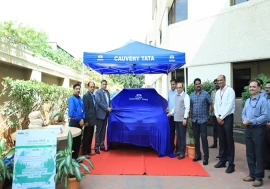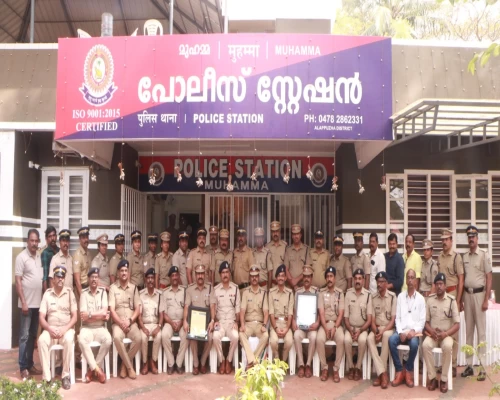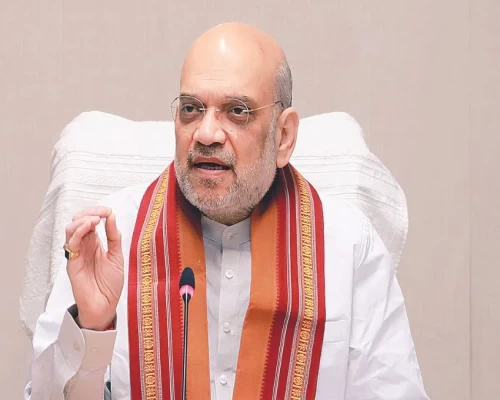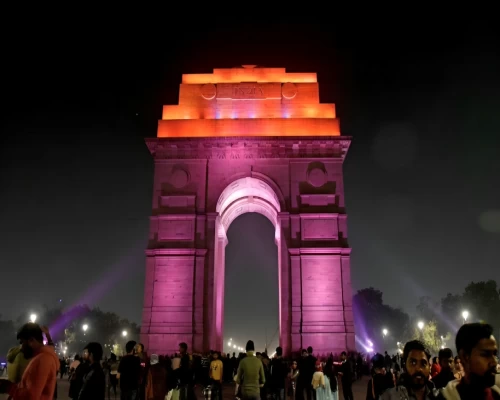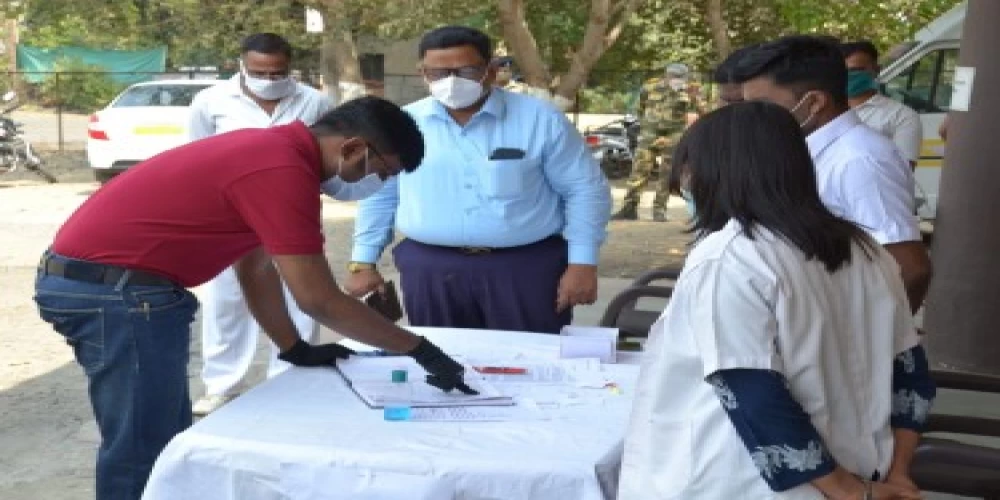
Amravati: Brilliant planning, meticulous execution, response with escape velocity and strict adherence to Covid-19 behaviour led to zero fatalities among armed police personnel in the corona hotspot of Amravati. The man behind this stellar show is none other than young and visionary IPS officer Harssh A Poddar, who has proved beyond doubt that a wholesome approach is the key to taming the virulent and deadly coronavirus. He shares his insights and ideas in an exclusive interview with Sweta Bharti & Navneet Anand of Bureaucrats India.
A set of well-crafted strategies – weaved around the mantra of tracking, testing and isolating – Harssh has been able to ensure the State Reserve Police Force (SPRF) battalion at Amravati sets an example where not a single police official has died of Covid-19 or even turned critical, despite being one of the national hotspots of the second corona wave. It was even tough for him to convince everyone to vaccinate but he managed to have the last laugh.
“Initially everyone was sceptical about the vaccine. It took us a lot of counselling and coaxing to persuade officers and constables that it was safe and beneficial. Timely vaccination has protected 1100 police personnel and about 1500 family members,” said Harssh.
What had made Harssh more concerned about his personnel was the fact that they were going to be deployed across the country for the recently concluded state elections and hence were at a greater risk of getting infected. As soon as vaccination commenced for front line workers, Harssh and his team swung into action to get every single policeman and eligible family members vaccinated through dedicated vaccination camps at the battalion hospital.
“The SRPF campus is spread over about 300 acres of land where all the officials live. We created two quarantine centres - one for those who returned to campus from outside duty and the other one for those who had tested positive. This ensured that those returning from law and order duties did not infect their families and other staff in the battalion,” added Harssh.

As of now 100 per cent of people in the battalion have received the first dose of vaccine and 88 per cent have received the second dose of vaccine. Adds Harssh: “In the beginning of April, when oxygen concentrators were not common, we procured them for our battalion hospital so that we could stabilize mild cases.” They also went on to create a COVID monitoring team that kept a tab on ensuring that no one missed their second dose on the due date.
“Anyone who tests positive has to undergo specific tests for four major causes of fatalities due to Covid-19 such as pneumonia, cytokine storm, intravascular clots, and multi organ failure.” These are the main causes for fatalities among people due to Covid-19. When any of the policemen or their family member tests positive, he or she is monitored through specific tests to ensure that timely medical intervention is taken before it is too late, he informed.
In October last year, Harssh started to work towards environmental conservation inside the SRPF campus. “We have to agree that Covid-19 has taught us to be more conscious about the ecosystem. Our campus often had to witness man-animal conflict because large parts of the campus are forested. Leopards inhabit the campus and often used to wander near the police lines in search of water and food,” added Harssh.
.jpeg)
He supervised the rejuvenation of a lake on the campus by planting aquatic plants and making it plastic free. Apart from becoming a source of water for predators and enhancing their prey base, the lake also drew in over 75 species of migratory birds this winter for the first time.
.jpeg)


